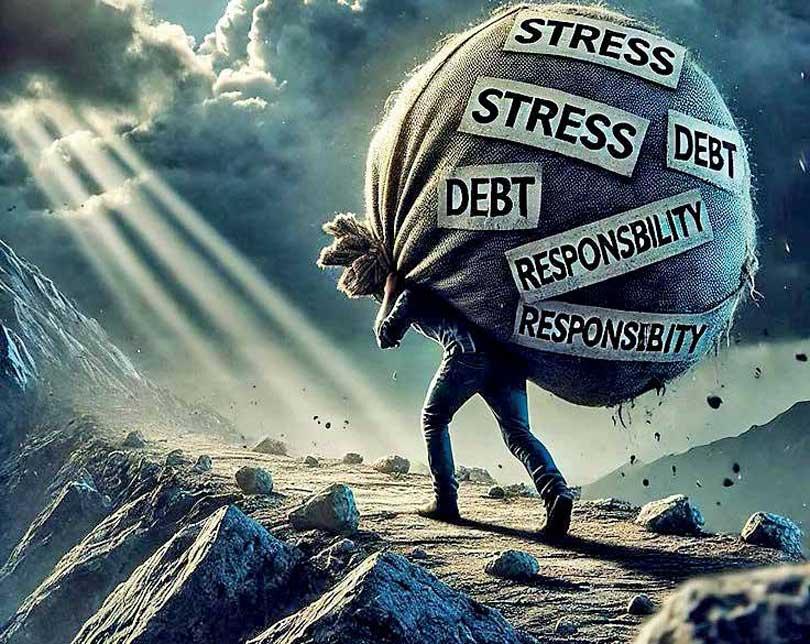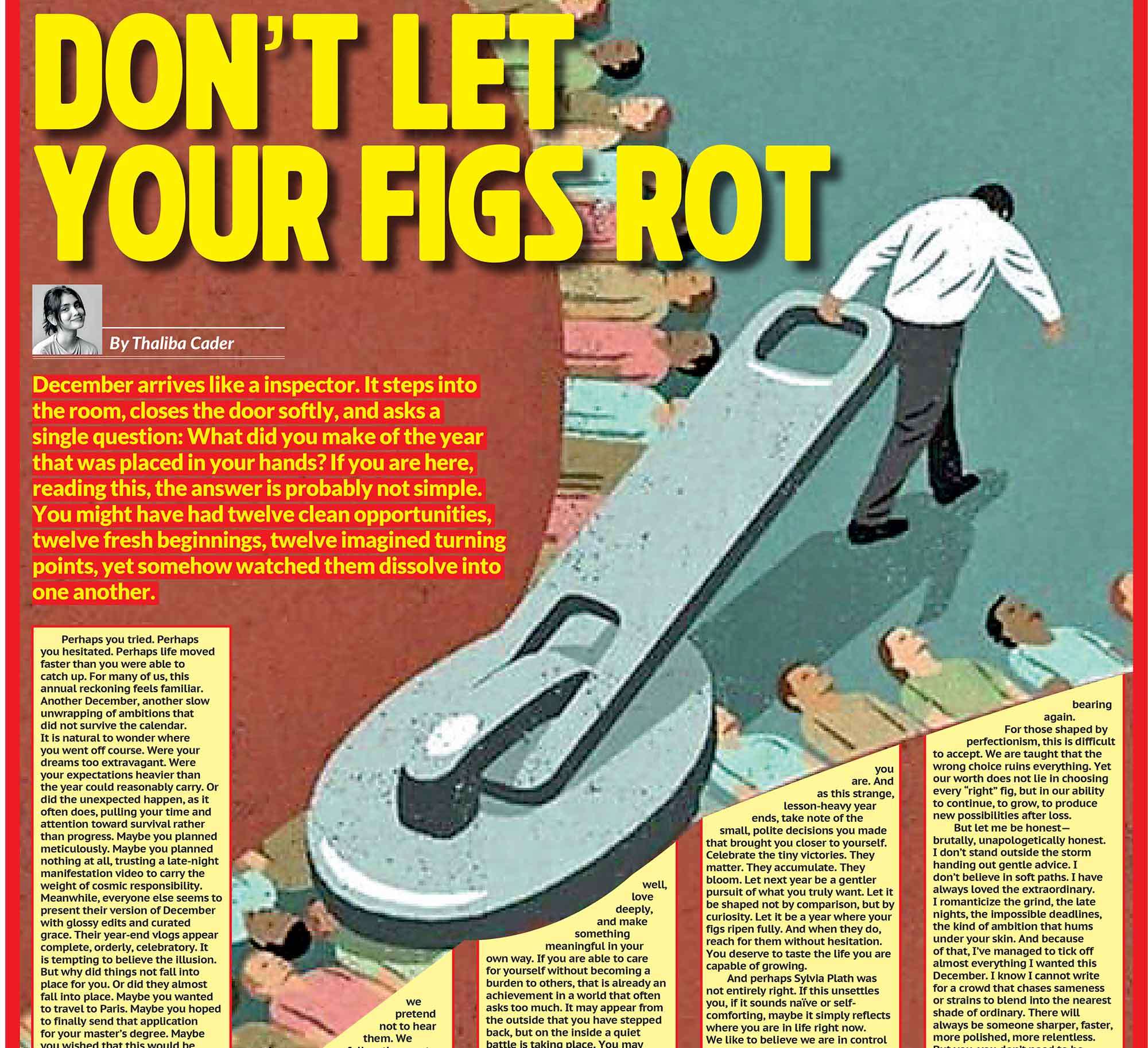





Society plays a significant role in shaping our understanding of masculinity and emotional expression. By promoting positive representations of men and masculinity, we can help to challenge traditional norms and expectations.
The weight of silence can have severe consequences for men's mental and emotional wellbeing. When men are discouraged from expressing their emotions, they may turn to unhealthy coping mechanisms, such as substance abuse or aggression.
In a world where traditional masculinity often emphasizes strength and stoicism, men are frequently encouraged to suppress their emotions and vulnerabilities. When faced with loss or hardship, the familiar refrain is, "Don't cry like a baby." This phrase not only diminishes the validity of emotional expression but also perpetuates a culture where men feel compelled to hide their true feelings. The weight of silence that many men carry can be crushing, leading to isolation, mental health struggles, and a profound sense of disconnection.
From a young age, boys are often taught to embody traits associated with traditional masculinity strength, resilience, and emotional control. These expectations can be reinforced through various channels, including family, peers, and media. The message is clear, men should be tough, both physically and emotionally. This cultural narrative discourages men from expressing vulnerability or seeking help when they need it. The impact of these expectations can be seen in various aspects of men's lives. In the workplace, men might feel pressured to maintain a façade of confidence and competence, even when faced with stress or uncertainty. In relationships, men may struggle to communicate their emotions openly, fearing that such vulnerability will be perceived as weakness. This can lead to misunderstandings, resentment, and a lack of intimacy.
The weight of silence can have severe consequences for men's mental and emotional wellbeing. When men are discouraged from expressing their emotions, they may turn to unhealthy coping mechanisms, such as substance abuse or aggression. The silence can also lead to feelings of loneliness and disconnection, as men struggle to form meaningful relationships with others. Moreover, the stigma surrounding mental health issues can prevent men from seeking help when they need it most. Men are often less likely than women to seek therapy or counseling and are more likely to experience depression and anxiety without receiving appropriate treatment. This can have devastating consequences, including increased risk of suicide.
Emotional expression is a vital aspect of human experience, and men should feel just as comfortable expressing their emotions as women. By acknowledging and validating men's emotions, we can help to break down the barriers that prevent them from seeking help and support. This involves recognizing that emotions are not inherently masculine or feminine, but rather a natural part of the human experience. Men should be encouraged to explore their emotions, whether it's through creative pursuits like art or music, or through more traditional forms of expression like talking to a therapist or trusted friend.
Breaking free from the constraints of traditional masculinity requires a willingness to challenge societal norms and expectations. Men need to feel empowered to express their emotions and vulnerabilities without fear of judgment or ridicule. This can involve creating safe spaces for men to share their experiences and feelings, free from the pressure to conform to traditional masculine ideals. One way to achieve this is through open and honest communication.
Men can benefit from having trusted friends or mentors with whom they can share their thoughts and feelings. Support groups, either in-person or online, can also provide a sense of community and connection.
Redefining masculinity involves challenging traditional norms and expectations and embracing a more inclusive and nuanced understanding of what it means to be a man. This can involve valuing traits like empathy, vulnerability, and emotional intelligence, and recognizing that these qualities are essential for building strong, healthy relationships. By redefining masculinity, we can create a culture that supports men's emotional and mental well-being and encourages them to seek help when they need it. This can involve promoting positive role models and representations of men in media, and challenging harmful stereotypes and expectations.
Society plays a significant role in shaping our understanding of masculinity and emotional expression. By promoting positive representations of men and masculinity, we can help to challenge traditional norms and expectations. This can involve encouraging men to take on caregiving roles and valuing the contributions of men in non-traditional careers. By promoting diversity and inclusivity, we can help to create a culture that values and supports men's emotional and mental well-being.
The weight of silence that many men carry is a complex and multifaceted issue, deeply rooted in societal expectations and cultural norms. By challenging these expectations and promoting emotional expression and vulnerability, we can work towards creating a more supportive and inclusive culture. Men should feel empowered to express their emotions and seek help when they need it, without fear of judgment or ridicule. By redefining masculinity and promoting emotional intelligence, we can help men build stronger, healthier relationships and live more authentic lives. It’s time for us to take action and challenge the traditional norms and expectations that prevent men from expressing their emotions and seeking help when they need it. We can start by promoting positive representations of men and masculinity, and valuing traits like empathy, vulnerability, and emotional intelligence.











